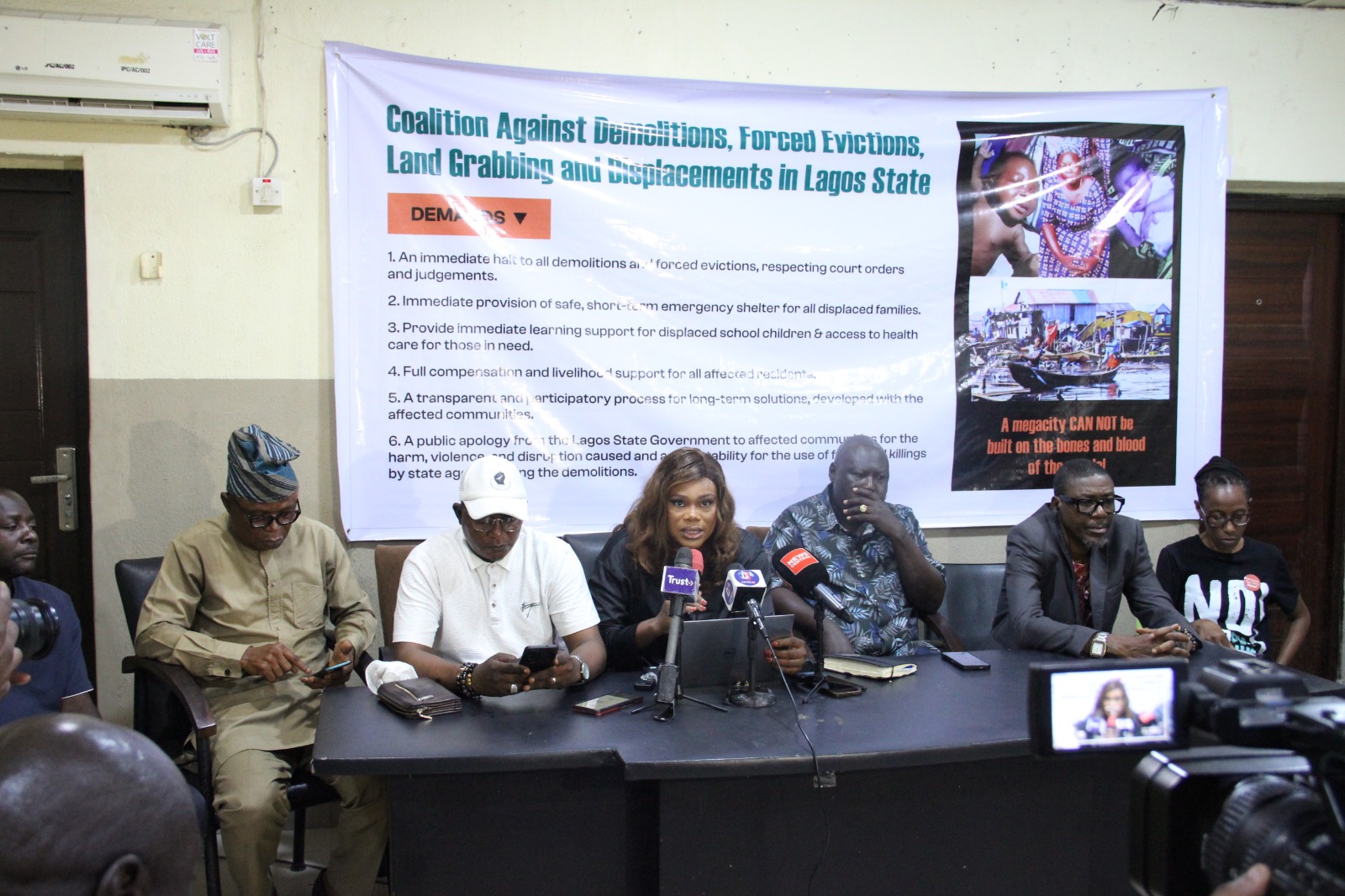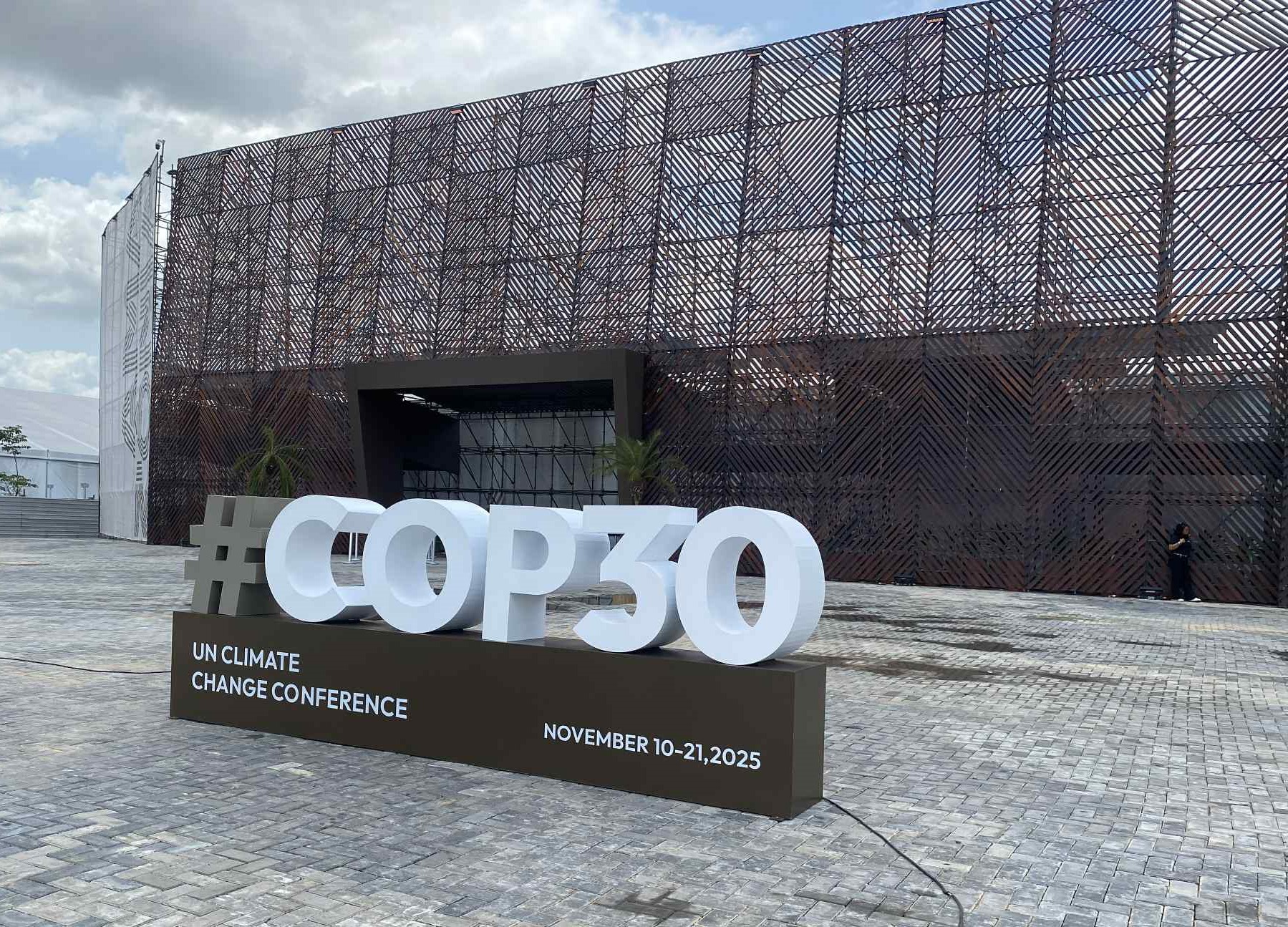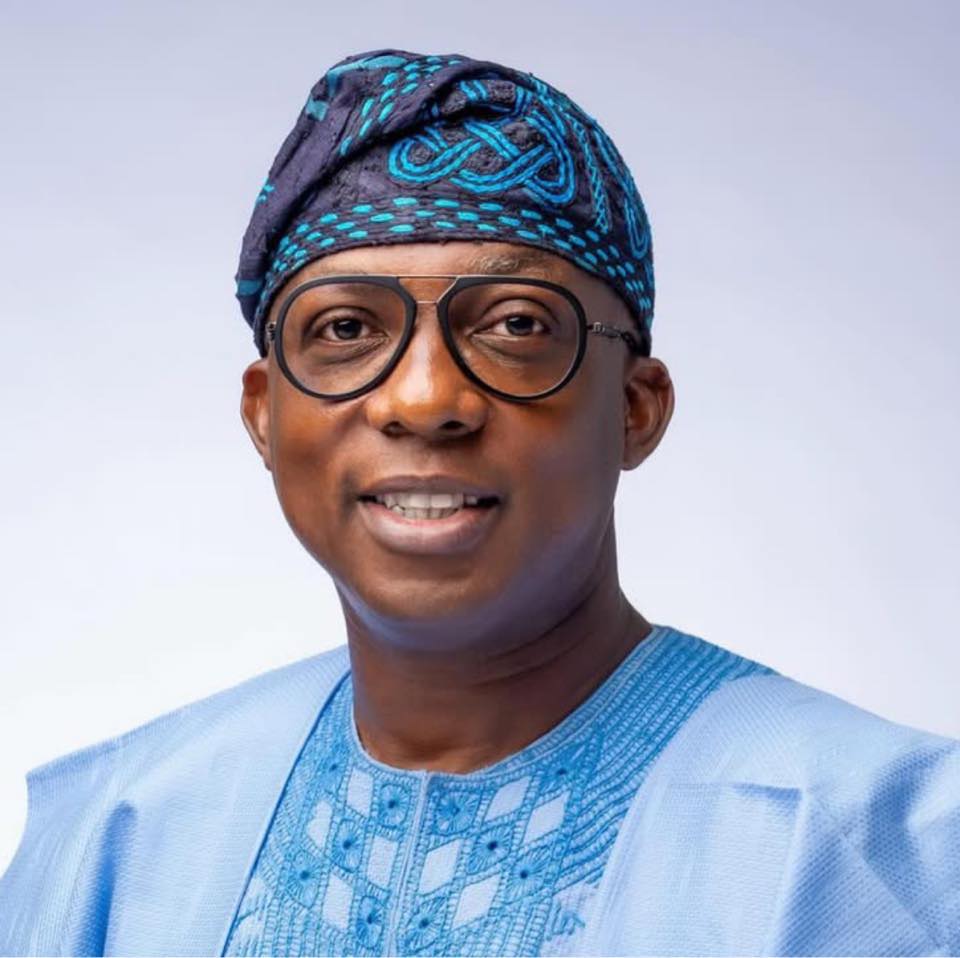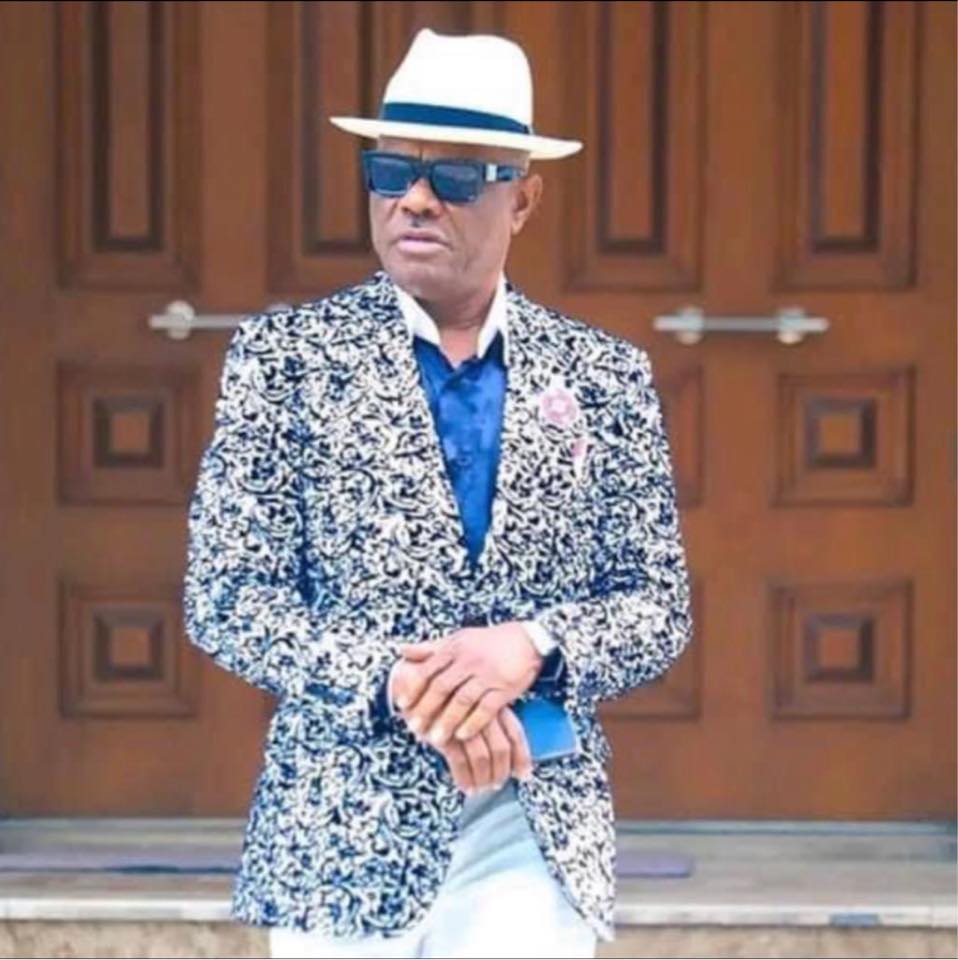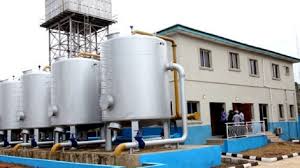EOSHE LAUNCHES LAGOS TREE PLANTING CAMPAIGN, ADVOCATES COLLECTIVE ACTION TO PROTECT ENVIRONMENT
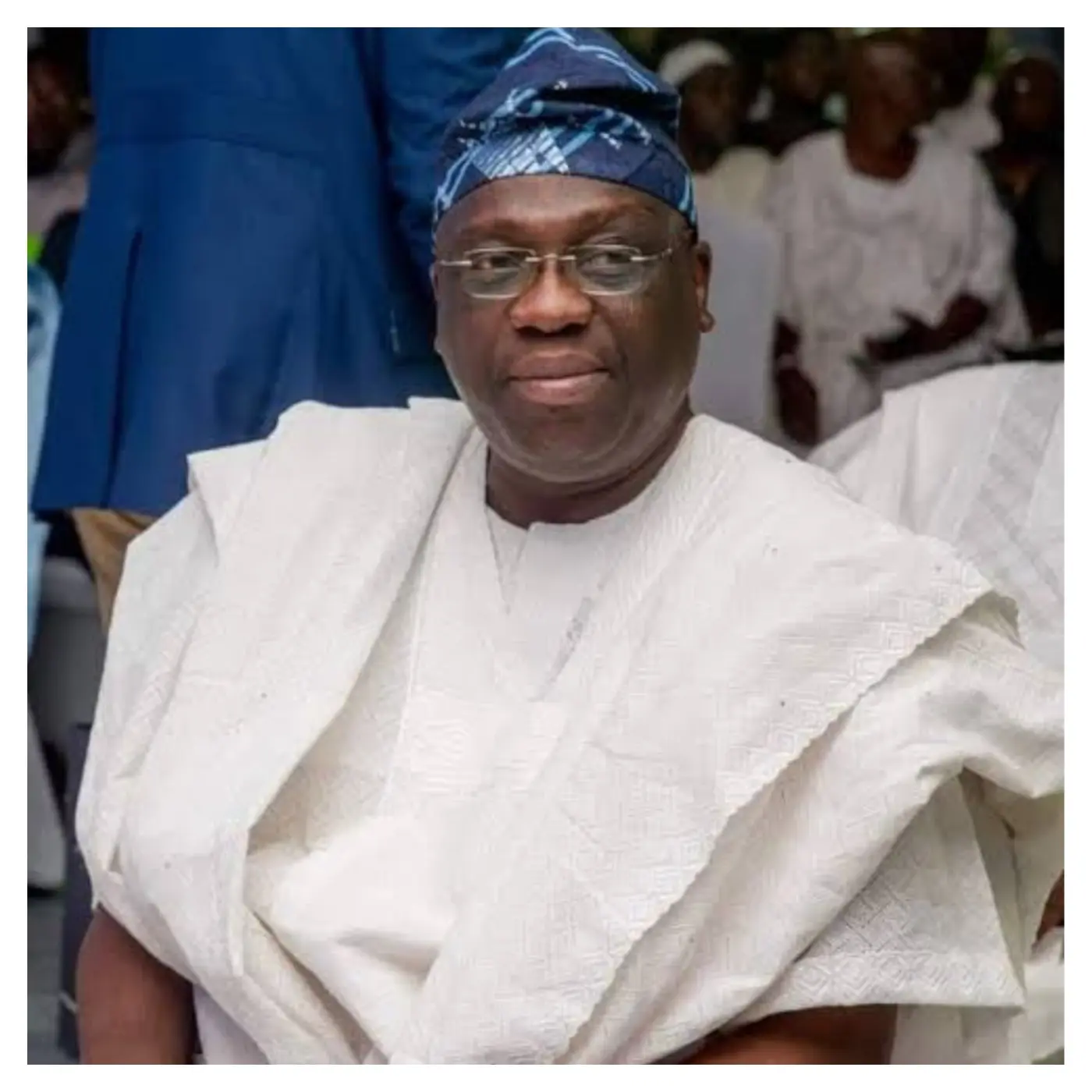
A nongovernmental organization – Eko Occupational Safety, Health and Environment, EOSHE, has launched a statewide advocacy campaign on Water, Sanitation, and Hygiene (WASH), Climate Change, Open Defecation, and Tree Planting, with a target to plant up to one million trees over the next ten years.
The Executive Programme Director of EOSHE, Ogboni FOUAD OKI outlined the objectives of the campaign during a virtual news conference with select journalists, which was streamed on Zoom, stressing that he was proud to be embarking on the journey he said was more than just a campaign, but a movement aimed at empowering communities and fostering resilience amid threats posed by climate change, inadequate sanitation, and environmental degradation. Together, we can explore new possibilities and create actionable solutions for a sustainable future for Lagos State.
FOUAD OKI identified water, sanitation and hygiene as a matter of Fundamental Human Right, stressing the importance of Clean Water for All in Lagos State. “Water is life. Yet, in Lagos State, the unavailability and poor quality of water remain alarming issues. According to the 2018 Nigeria Multiple Indicator Cluster Survey (MICS), only 55% of households in Lagos State have access to improved water sources, which include piped water, boreholes, and protected wells.”
OKI observed that over 4 million people lack access to safe drinking water, directly affecting health and quality of life, especially in informal settlements and low-income areas like Ajegunle, Badagry, and Mukandasi.
He said that the health implications of insufficient access to clean water are catastrophic. “The Lagos State Water Regulatory Commission estimates that over 200,000 children under the age of five were hospitalized in 2022 due to waterborne diseases such as cholera and typhoid. These diseases not only put lives at risk but also place a heavy burden on our healthcare system.
On the economic impact, he said insufficient access to clean water and sanitation leads to considerable economic costs. “A World Bank report estimates that the lack of proper sanitation services costs Lagos State approximately $100 million annually in health and lost productivity. This is a staggering amount, especially when you consider the potential benefits of investing in sustainable water and sanitation systems.”
The EOSHE Executive Programme Director also noted that inadequate WASH facilities disproportionately affect our young girls, citing information from UNICEF indicating that one in every four girls misses school during menstruation due to inadequate sanitary facilities, thus hindering their education. In Lagos State, where education is key to socio-economic advancement, maintaining school attendance is paramount.
On the impact of Climate Change in Lagos, FOUAD OKI said there was an urgent need for action, as the state experiences first-hand the dangers of climate change, particularly due to its coastal geography and high population density. “Recent studies indicate that sea levels are expected to rise by 0.2 to 0.8 meters by 2050, putting many vulnerable coastal communities at risk of flooding and displacement.”
Besides the alteration of traditional weather patterns, he said that the economic consequences of climate change in Lagos are profound. “The Lagos State Ministry of Environment and Water Resources estimates that flooding alone costs the state over ₦80 billion annually. This includes damages to homes, businesses, and infrastructure, threatening local economies.”
FOUAD OKI stressed the need to address the problem of climate change through local solutions, with the involvement of the communities, such as sustainable farming practices by introducing drought-resistant and flood-resistant crops, ensuring food security despite unpredictable weather.
Others are investments in green infrastructure like planting trees and creating green roofs to mitigate flooding and improve air quality in urban areas and eradicating open defecation, which poses a severe public health crisis in Lagos State and remains a significant barrier to improving health and sanitation. “Despite government efforts, approximately 1.3 million people in Lagos practice open defecation according to the latest reports.”
OKI said the vision behind the advocacy of the EOSHE volunteers he leads is to engage in robust advocacy campaign focused on transforming WASH, climate change, sanitation practices, and environmental conservation in Lagos State. “Imagine a future where every Nigerian, regardless of socio-economic background, has access to clean water and sanitation, where we actively combat climate change through responsible practices, where open defecation is eliminated, and where trees flourish in our neighbourhoods. This is our vision, and it is achievable if we work collectively and diligently toward it.”


